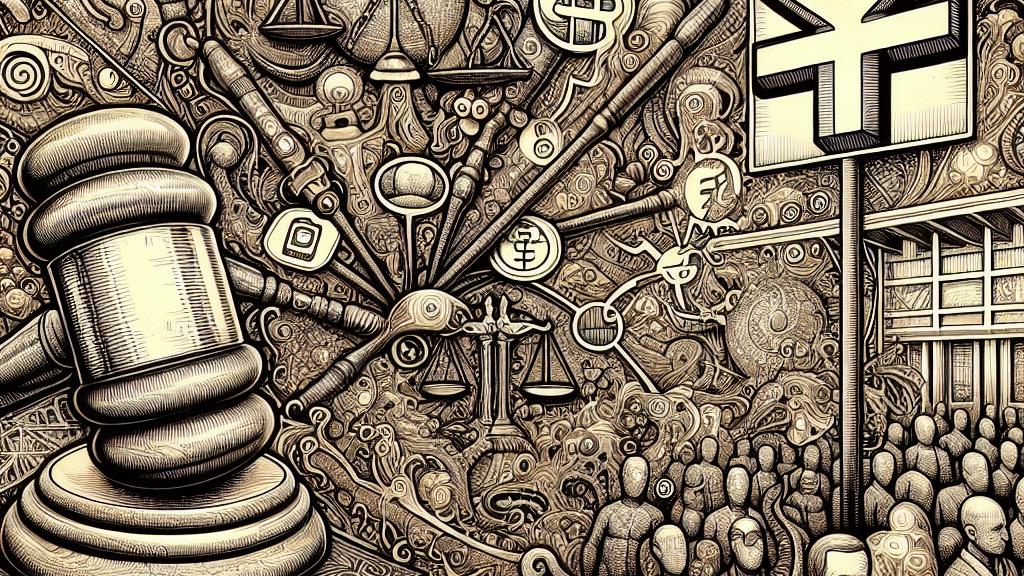Supreme Court of Brazil Orders X to Pay Over 700 Million Yen Before Service Resumption
Overview
- Brazil's Supreme Court imposes a significant fine exceeding 700 million yen on X (formerly known as Twitter) for non-compliance regarding fake news accounts.
- X's refusal to adhere to previous removal orders raised public concern, prompting legal action against the platform.
- To restore its services prior to crucial elections, X must meet the court's demands, highlighting the complex interplay between technology and governance.

Background of the Legal Conflict
The clash between X and Brazil's Supreme Court has captivated observers since early 2024, as tensions escalated significantly over issues of misinformation and public safety. In April, the court commanded X to remove specific accounts linked to the spread of dangerous falsehoods, but the platform, led by Elon Musk, firmly resisted this directive. The standoff reached a boiling point in August when the Supreme Court imposed a suspension on X's services, driven by the platform's non-compliance. Consequently, a staggering fine of approximately 283 million Brazilian reais, equivalent to over 740 million yen, was imposed. This situation highlights not only the legal complexities involved but also the broader implications for how technology companies interact with governmental authority, particularly in politically sensitive environments.
X’s Compliance and Financial Ramifications
In a surprising turn of events, X decided to comply with the court's orders by late September, just as critical elections loomed on the horizon. This strategic shift underscores the urgent need for platforms like X to navigate legal landscapes adeptly, especially as they face mounting pressure to uphold democratic principles. Musk's earlier threats to withdraw from the Brazilian market reflected the intense scrutiny on X’s operations. Failure to comply with the imposed fines could have led to catastrophic consequences for the platform in Brazil, emphasizing the vital role that financial viability plays in corporate governance and the necessity of compliance in today's digital age.
The Broader Implications for Free Speech and Democracy
The significant penalties levied against X usher in vital discussions about the delicate balance between free speech and accountability. While Musk has championed X's role in fostering open dialogue, critics voice concerns that unchecked misinformation can undermine the very foundations of democracy. The situation in Brazil, particularly following recent political turmoil and election-related violence, is a reminder of how powerful social media platforms can shape public perception and influence political outcomes. As Brazil grapples with these challenges, the ongoing relationship between technology and government regulation will undoubtedly evolve, highlighting the need for robust frameworks that can protect both free speech and democratic integrity in the digital landscape.

Loading...